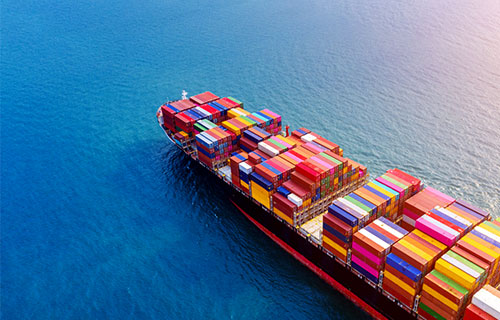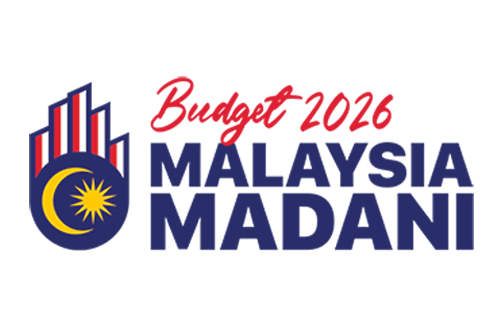IDEAS to host discussion on how RCEP and CPTPP can help ASEAN’s post-pandemic recovery

Kuala Lumpur, 6 September 2021 –The Institute for Democracy and Economic Affairs (IDEAS) will be hosting ‘Progress Update on RCEP and CPTPP’, an online discussion panel discussion looking at how two key regional free trade agreements, namely the Regional Comprehensive Economic Partnership (RCEP) as well as the Comprehensive Progressive Trans-Pacific Partnership (CPTPP), could play a significant role in ASEAN’s post-pandemic recovery through the opening up of domestic and regional markets for further trade and investment integration.
The online discussion will be held on 8th of September 2021, and is being held as part of IDEAS’ ASEAN Prosperity Initiative (API), a long term initiative designed by ASEAN to identify the major opportunities and challenges relating to the bloc’s future prosperity. In order to shed light into this pertinent and complex issue, the online discussion includes a number of distinguished speakers with considerable expertise on policymaking in relation to ASEAN, RCEP, and the CPTPP. These include:
- Tan Sri Datuk Dr. Rebecca Fatima Sta Maria, Executive Director at the APEC Secretariat.
- Professor Shandre Mugan Thangavelu, Vice President of the Jeffrey Cheah Institute on Southeast Asia, Sunway University.
- Arividya Arimuthu, Senior Director of Strategic Negotiations Division, MITI.
The economic fallout of the ongoing COVID-19 pandemic has been particularly severe for ASEAN, composed of relatively open economies heavily interlinked with global trade networks. ASEAN countries are currently undergoing some of their worst COVID-19 waves, with lockdowns and social restrictions in force in many ASEAN capitals to deal with record daily cases and hospitalization rates. This is expected to have a significant economic drag on the region, with the International Monetary Fund having downgraded its 2021 growth projections for the ASEAN-5 countries (comprising Malaysia, Thailand, Viet Nam, Indonesia, and the Philippines) by -0.6% to 4.3%.
As such, it is more crucial than ever for ASEAN’s policymakers to strategize their post-pandemic recovery, a key factor of which would be by furthering economic integration through trade and investments. Two crucial regional frameworks that could facilitate this include the Regional Comprehensive Economic Partnership (RCEP) as well as the Comprehensive Progressive Trans-Pacific Partnership (CPTPP). Both mega-trade deals, which build upon previously signed bilateral and multilateral free trade agreements between their signatory states, would help anchor ASEAN Centrality through the opening up of domestic and regional markets for further trade and investment integration.
At a time when the merits of globalization are increasingly coming under scrutiny and populism on the rise, what would more economic openness mean for the average Southeast Asian citizen? What does each agreement bring to the table in terms of their respective opportunities and responsibilities? What are the main hurdles to ASEAN Member States ratifying these agreements, and how should ASEAN policymakers overcome public concerns and entrenched interests?
Those interested in participating in our discussion can register for the event here.
— END —
Download Media Statement PDF File Here
For enquiries, please contact:
Zokhri Idris, Ph.D, Director, External Relations
T: +603 2070 8881/8882 | E: zokhri@ideas.org.my

